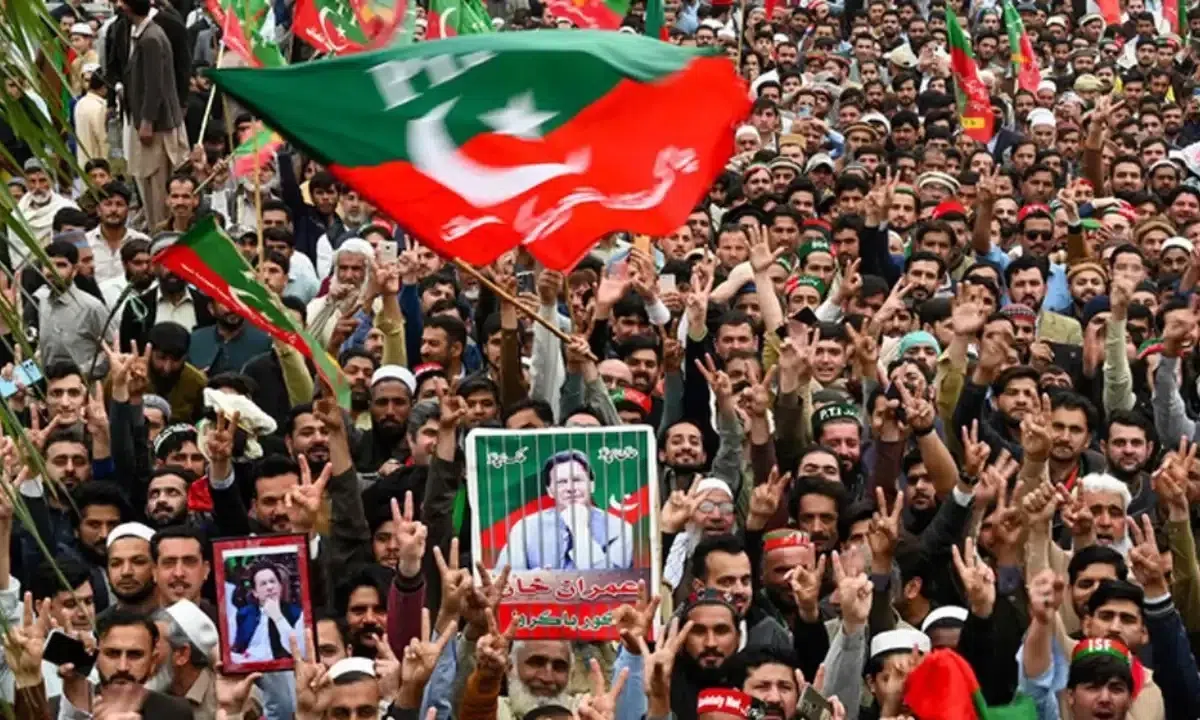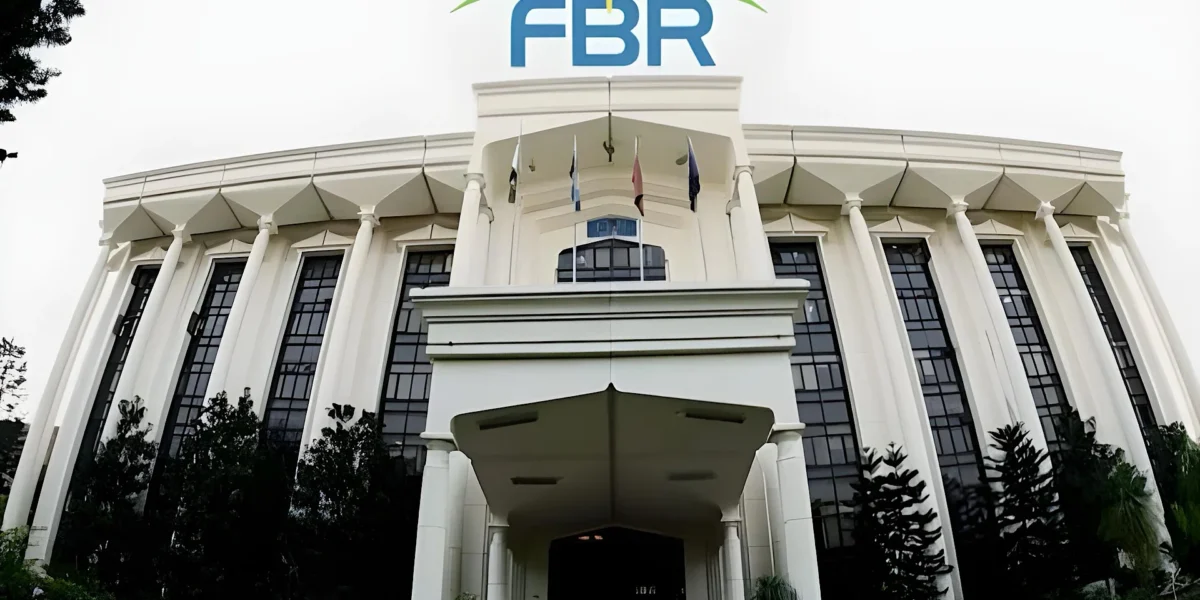Amid the expectation of obtaining approval from the IMF’s Executive Board on a bailout package of $7 billion under 37 months, Extended Fund Facility (EFF) for Pakistan’s economy is going to set the stage for undertaking tough structural reforms which were never implemented in the case of Pakistan.
Of course, there are risks attached to this adventurous path as one side the government is making plans to bring powerful untaxed sectors into the tax net including big landlords by imposing Agriculture Income Tax (AIT) to align with personal and corporate income tax rates which stood on the higher side up to 45 per cent. Secondly, the government is making last-ditch efforts to bring retailers into the tax net even though all such efforts made in history failed miserably.
The Center has agreed with the IMF in consent with the provinces to bring agriculture income into tax net and four provincial governments will introduce pieces of legislation into their respective provincial assemblies by the end of October 2024. It was also agreed that the collection of AIT would be made effective from January 2025. It is yet to see how much effective legislation is introduced by the provincial governments, then a smooth passage from the provincial assemblies and finally how it will be enforced in all provinces, especially Sindh and Punjab, where the landholders possess immense political clout.
The IMF’s Executive Board is scheduled to meet in Washington D.C. on September 25, 2024, to consider approval of Pakistan’s request for granting its nod on the $7 billion EFF Package. Pakistan and the IMF staff struck a Staff Level Agreement (SLA) on July 12, 2024, and it took more than two months to get Pakistan’s approval on the agenda list of the Executive Board.
On the eve of the Staff Level Agreement, the IMF made crystal clear that this agreement is subject to approval by the IMF’s Executive Board and the timely confirmation of necessary financing assurances from Pakistan’s development and bilateral partners. Two issues had hampered efforts to place Pakistan’s case before the Fund’s Executive Board earlier including securing confirmation on rollover of foreign deposits of $12 billion lying with the State Bank of Pakistan (SBP) from Saudi Arabia, China and UAE.
Secondly, Pakistan had to secure additional financing of $2 billion for the current fiscal year. During the program period of 37 months, the IMF identified an external financing gap of $5 billion out of which there is a gap of $2 billion in the ongoing fiscal year, $2 billion next fiscal year and the remaining $1 billion during the third year of the program period.
Read more: Gold price rises to a record Rs273,000 per tola in Pakistan
At a time when the country is facing increased external vulnerabilities, there is no other choice but to knock at the door of the IMF, known as the lender of the last resort for countries facing a balance of payment crisis.
Pakistani authorities conceded publicly in Parliamentary committee proceedings that Pakistan would have to pay back loans of $100 billion over the four years including $26.2 billion during the current fiscal year.
It included external dent repayments including rollover of deposits and other debt repayment obligations.
After the approval of the IMF program, the Centre plans an ambitious program both on the revenue side to implement much hyped FBR’s Transformation Plan and on the expenditure side to move ahead with the rightsizing of the government. It’s easy to talk about but difficult to implement
















